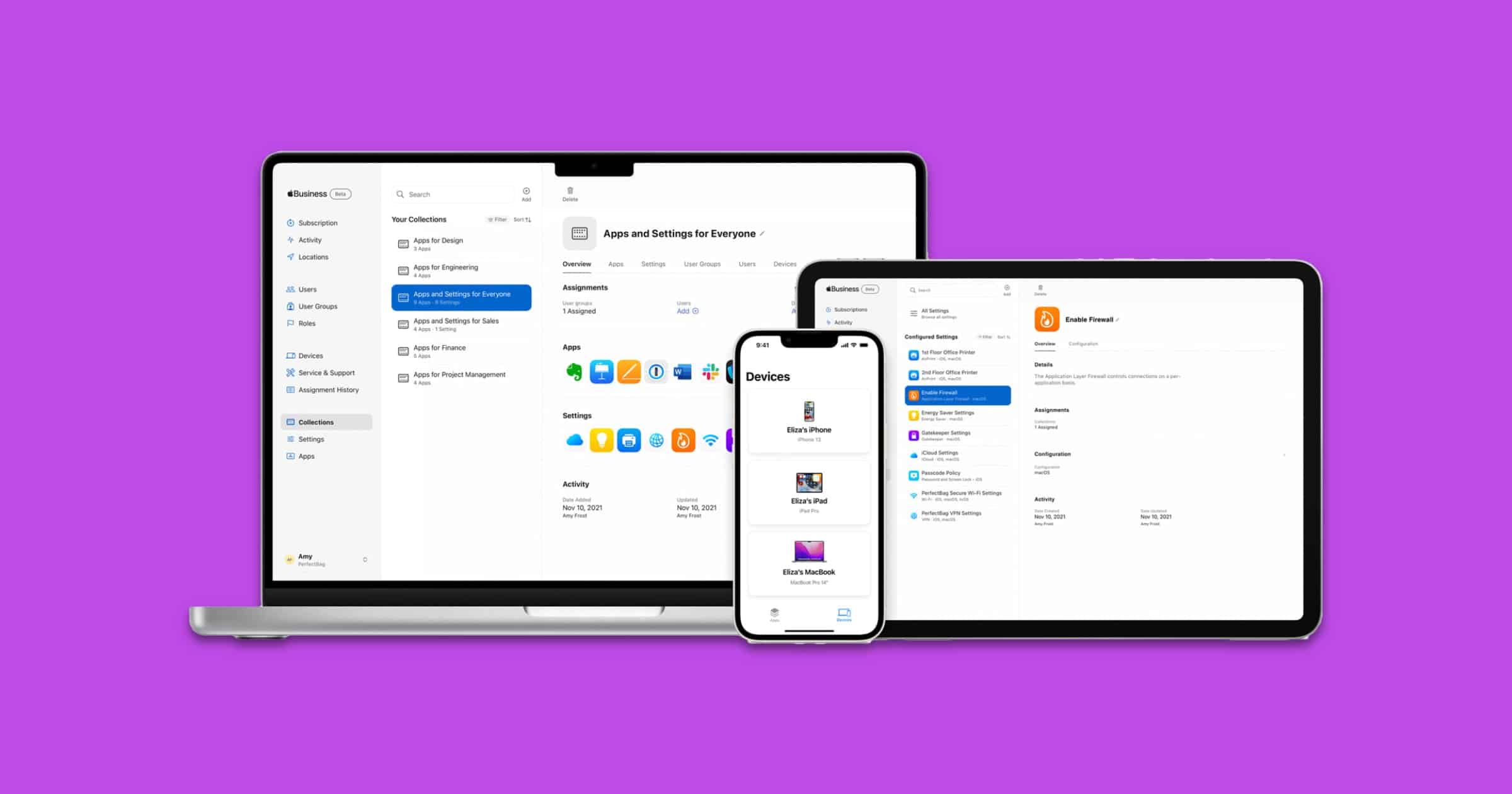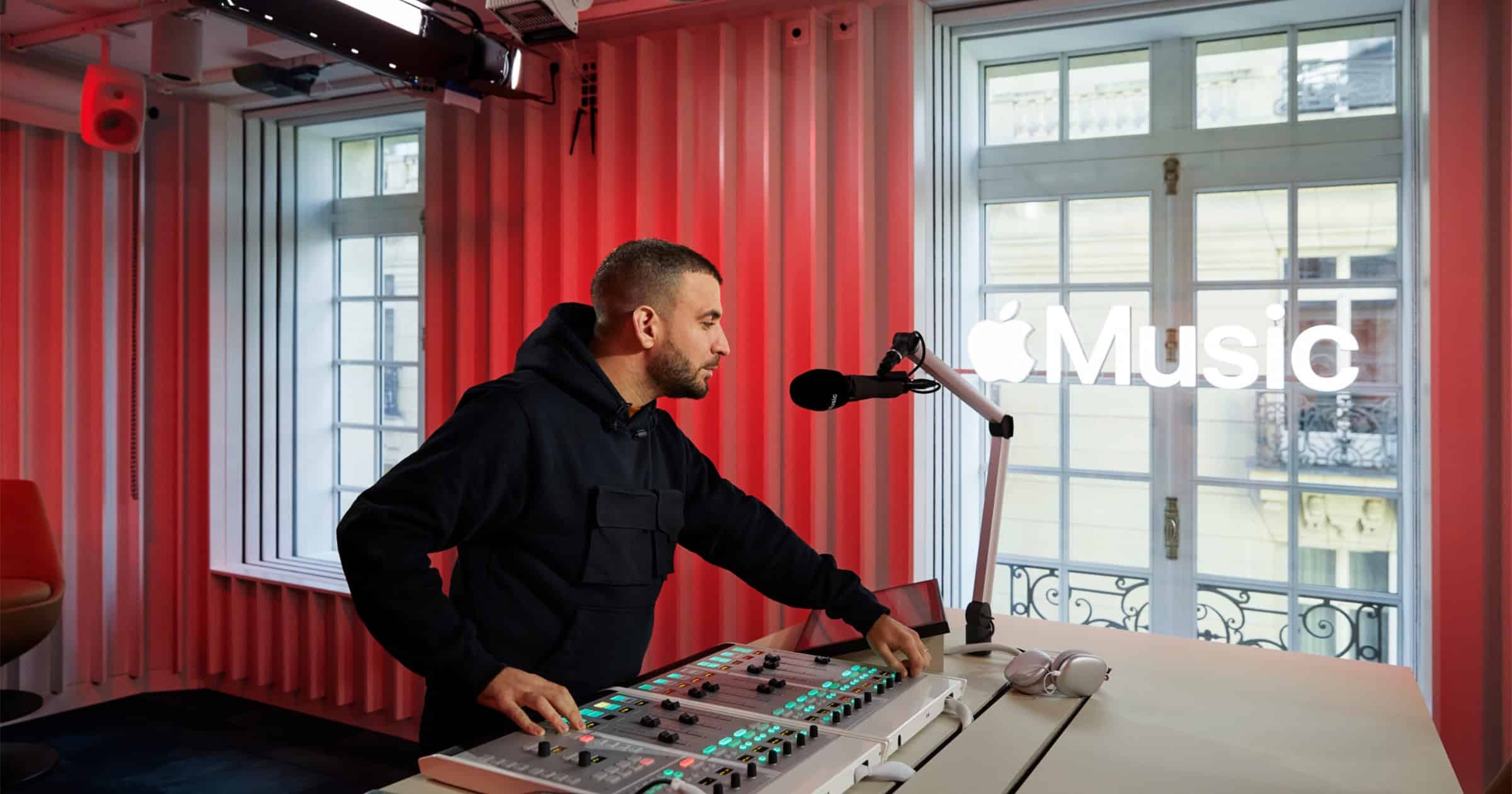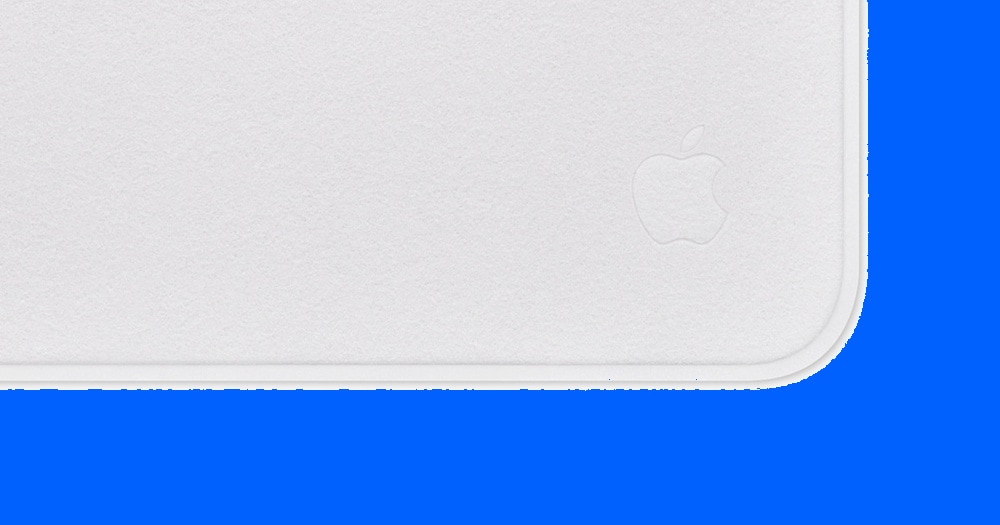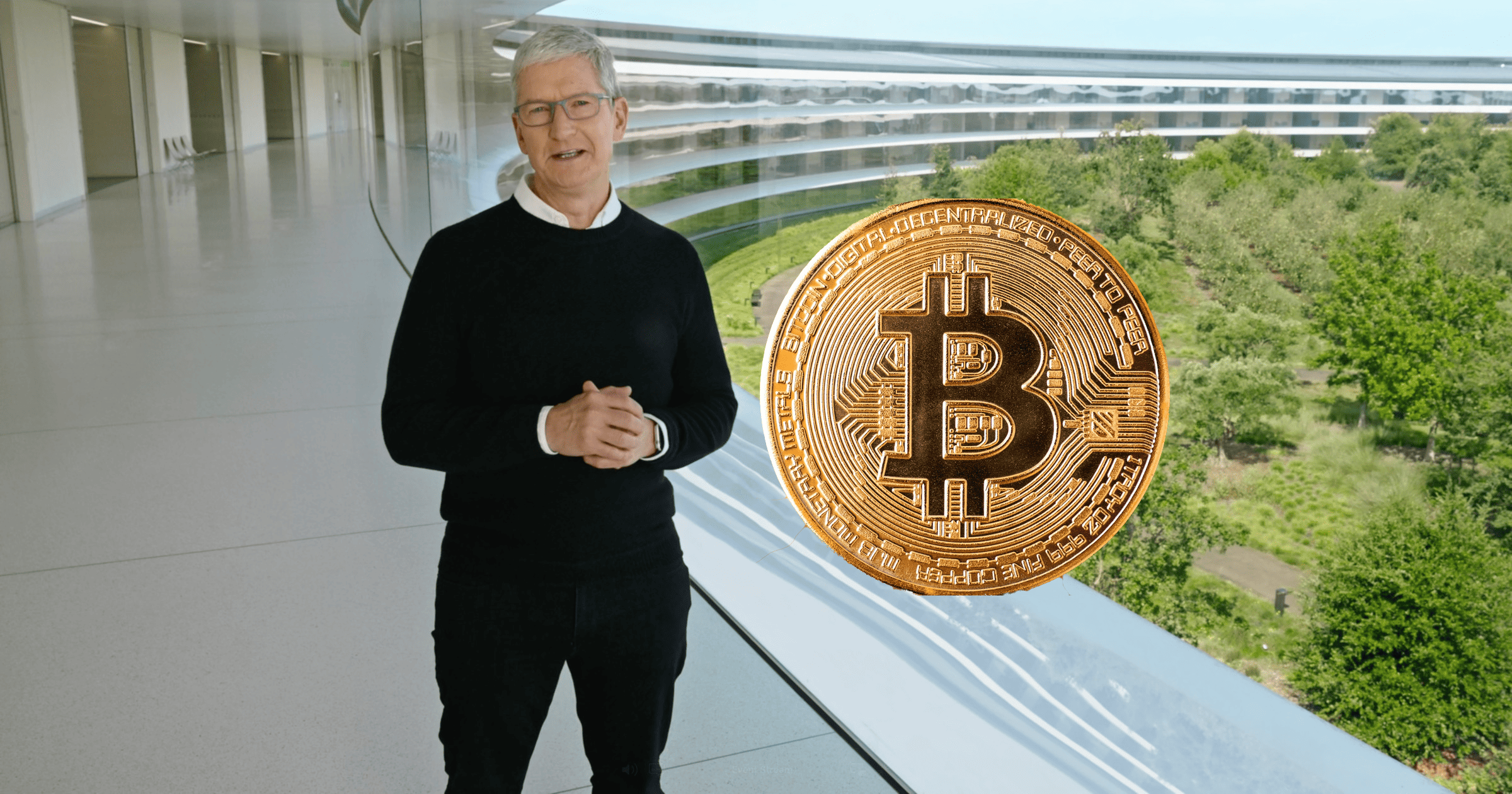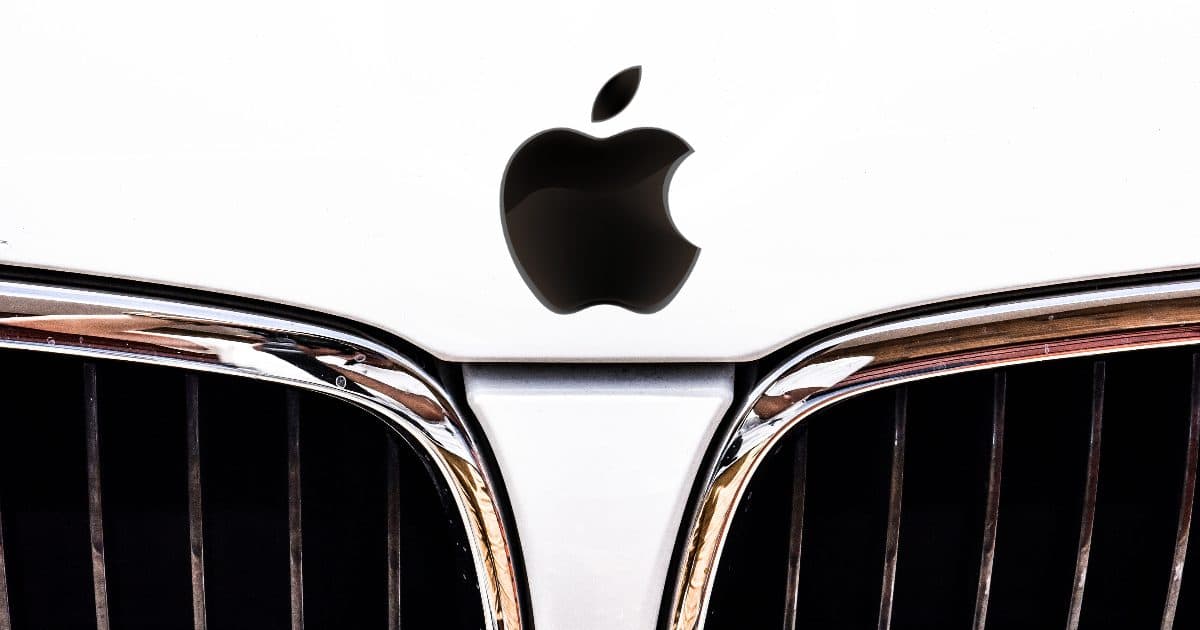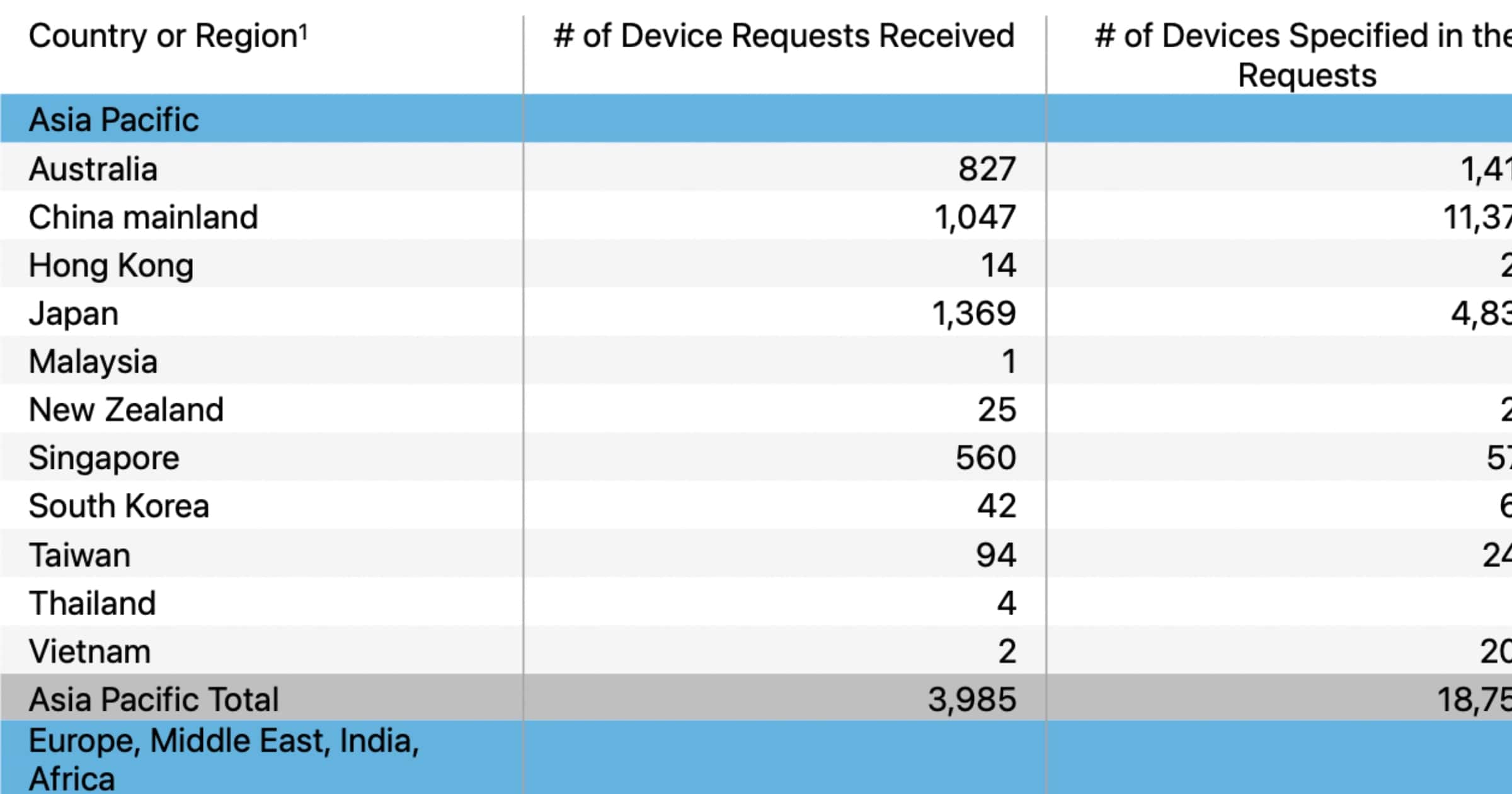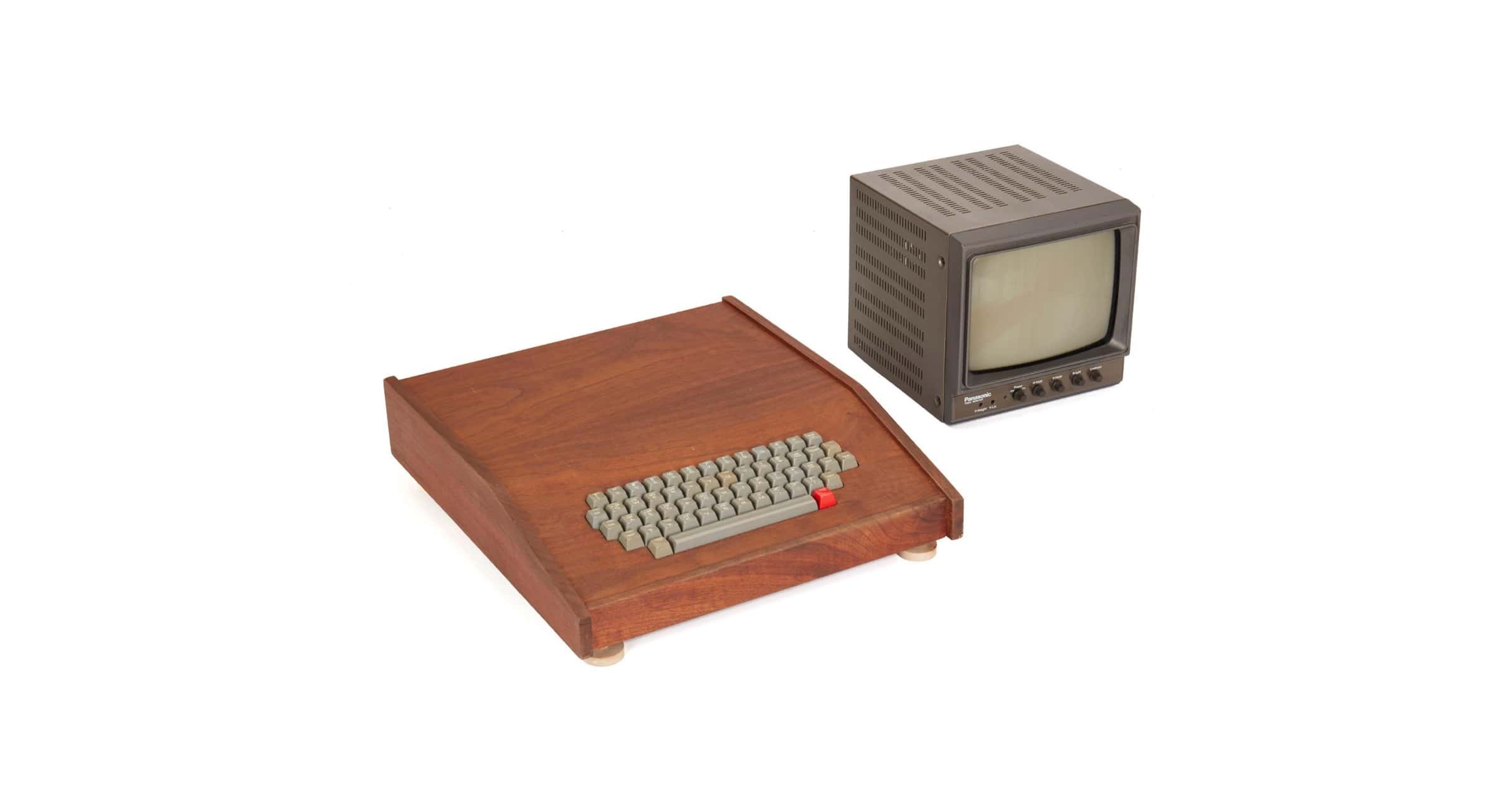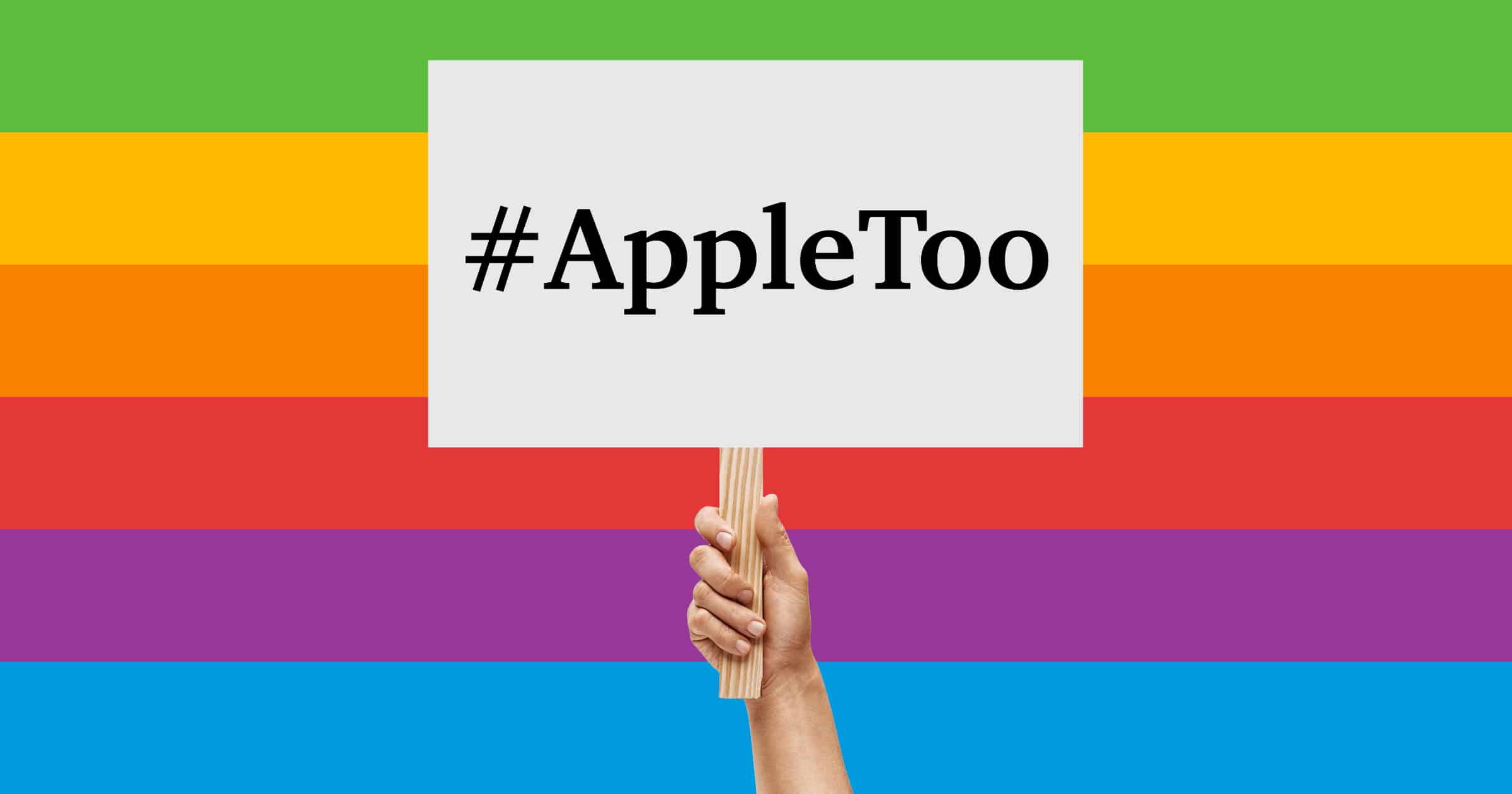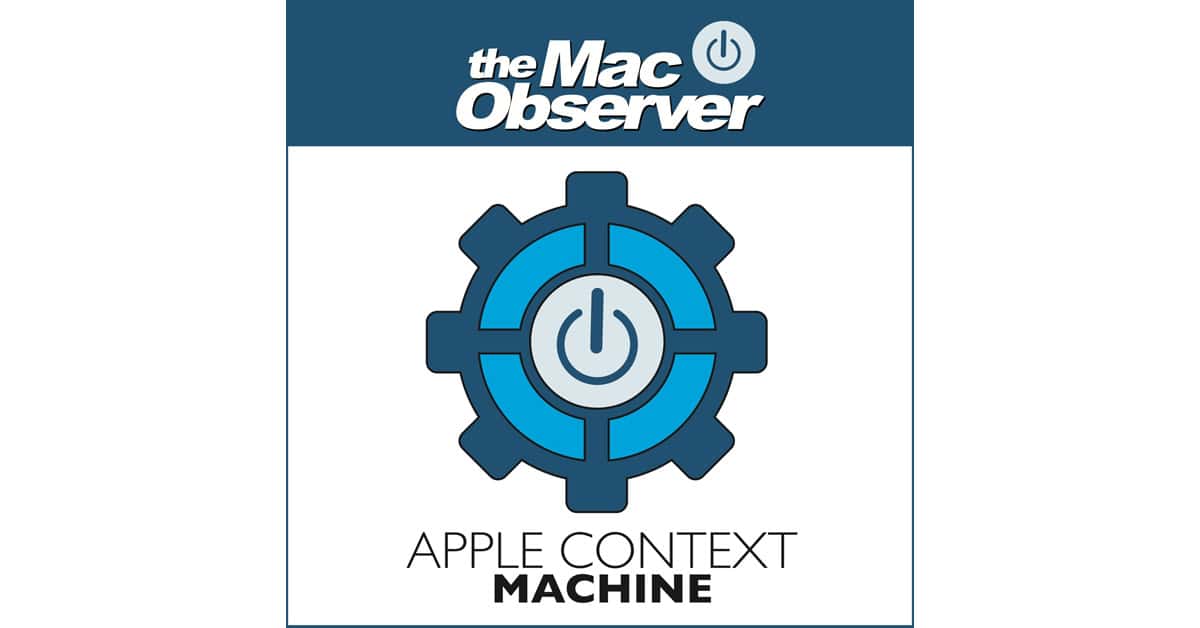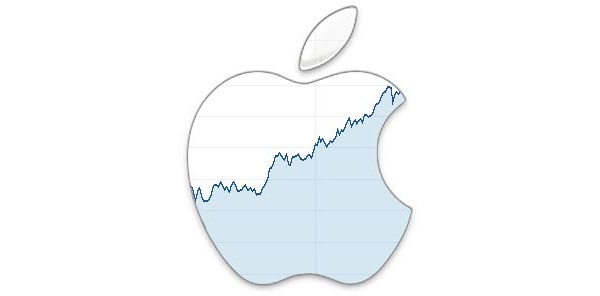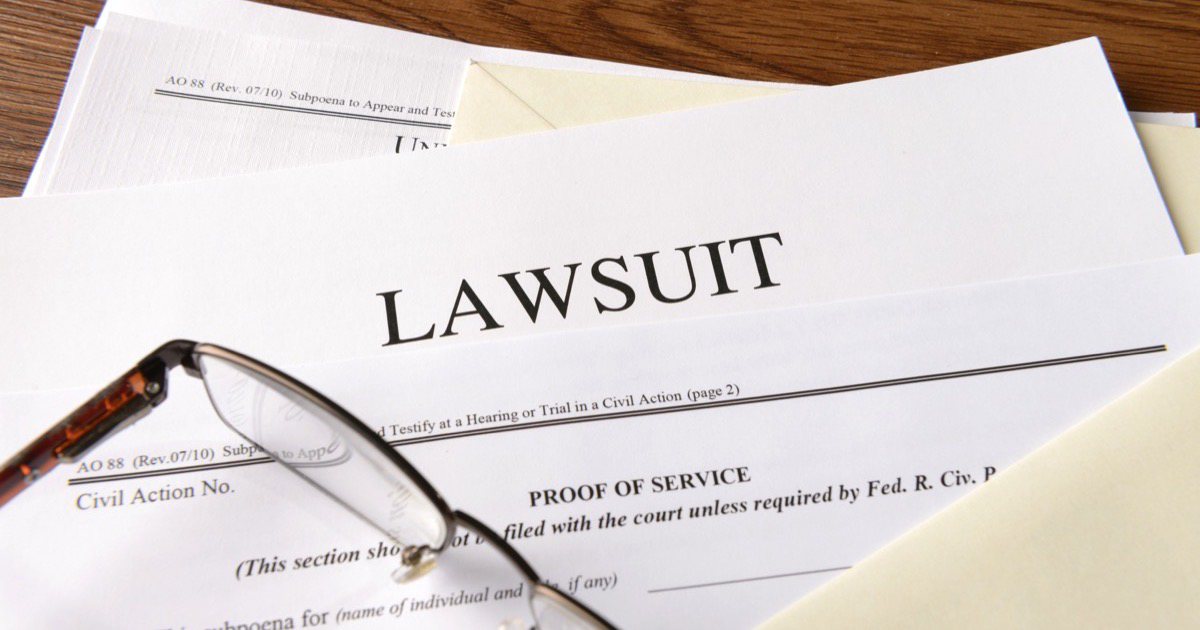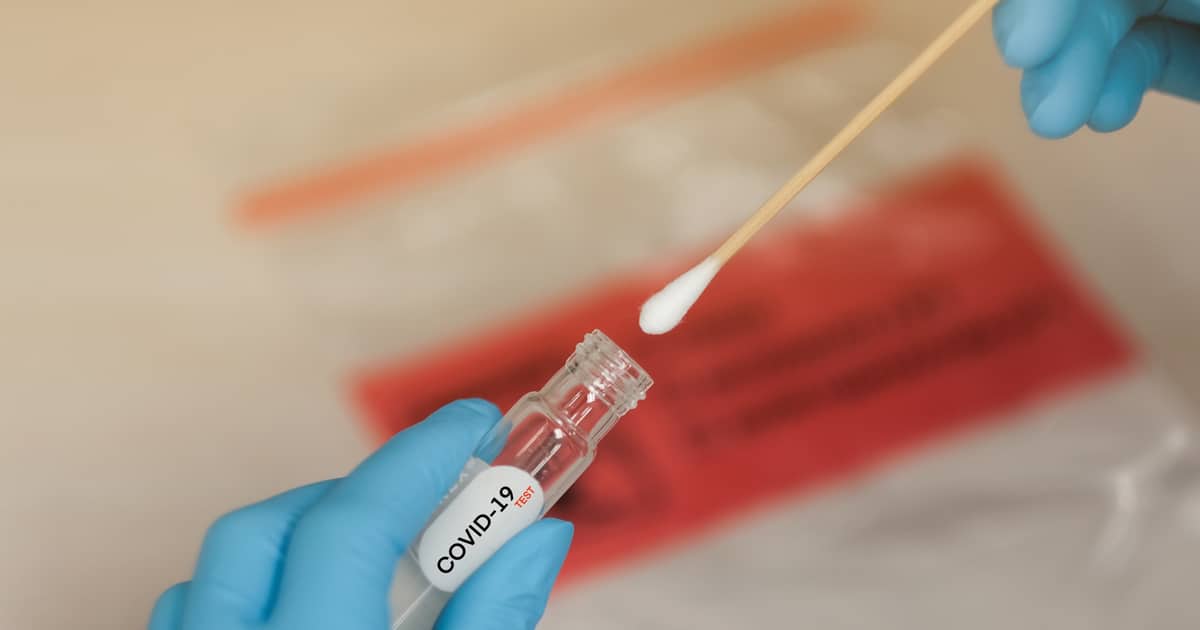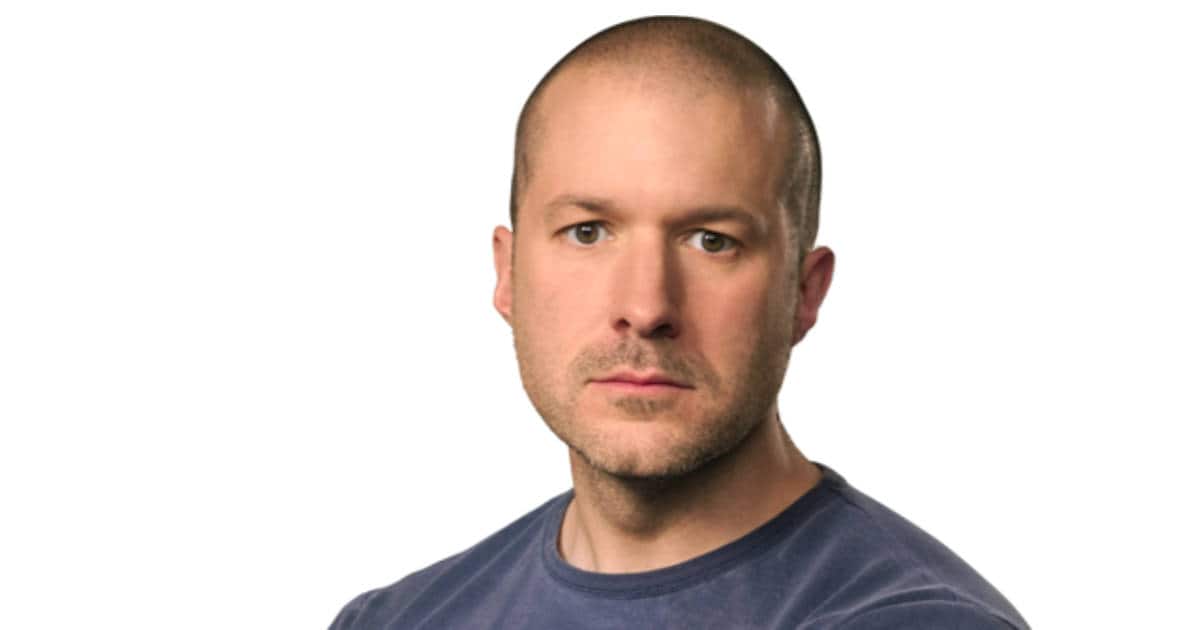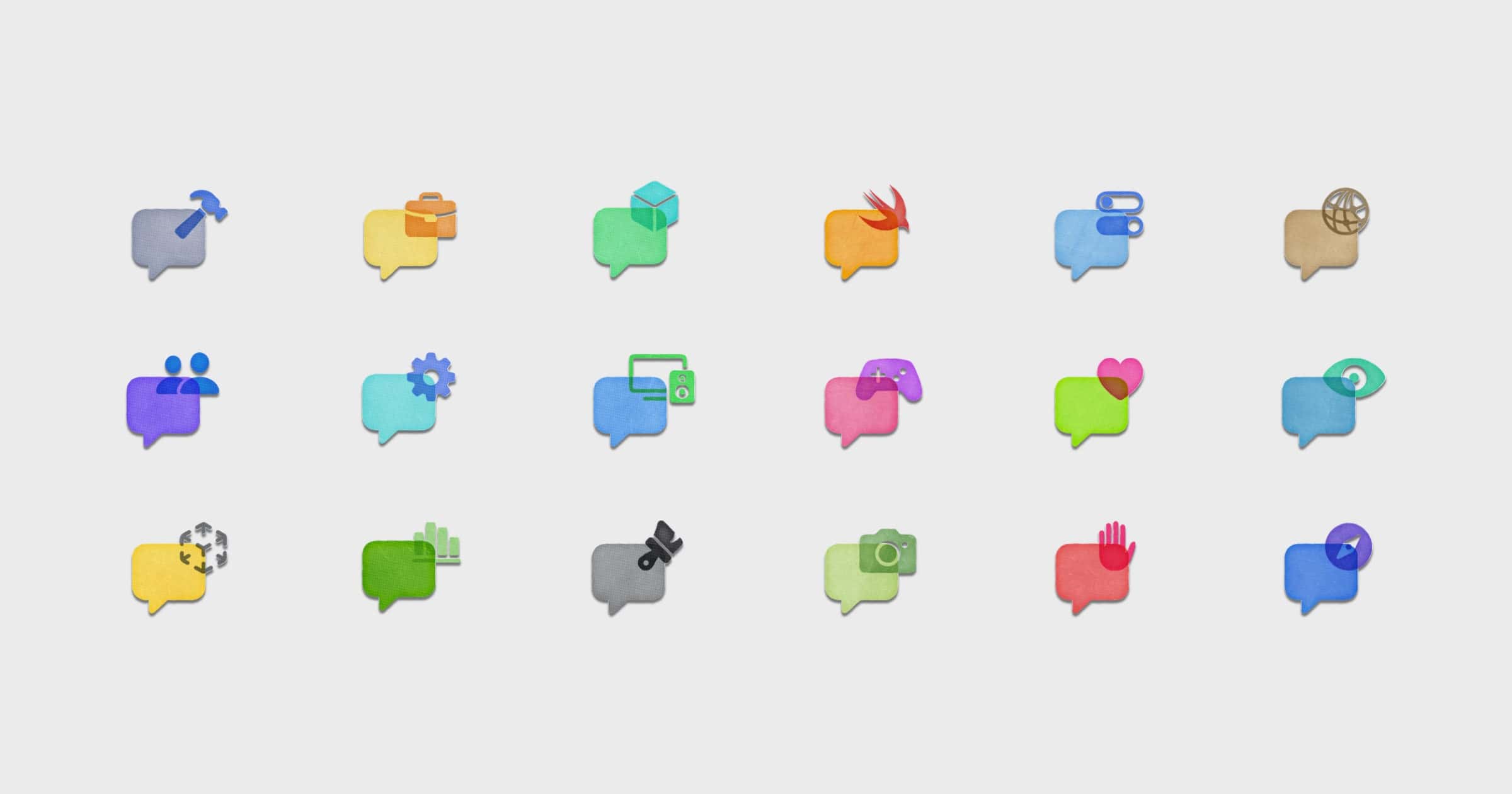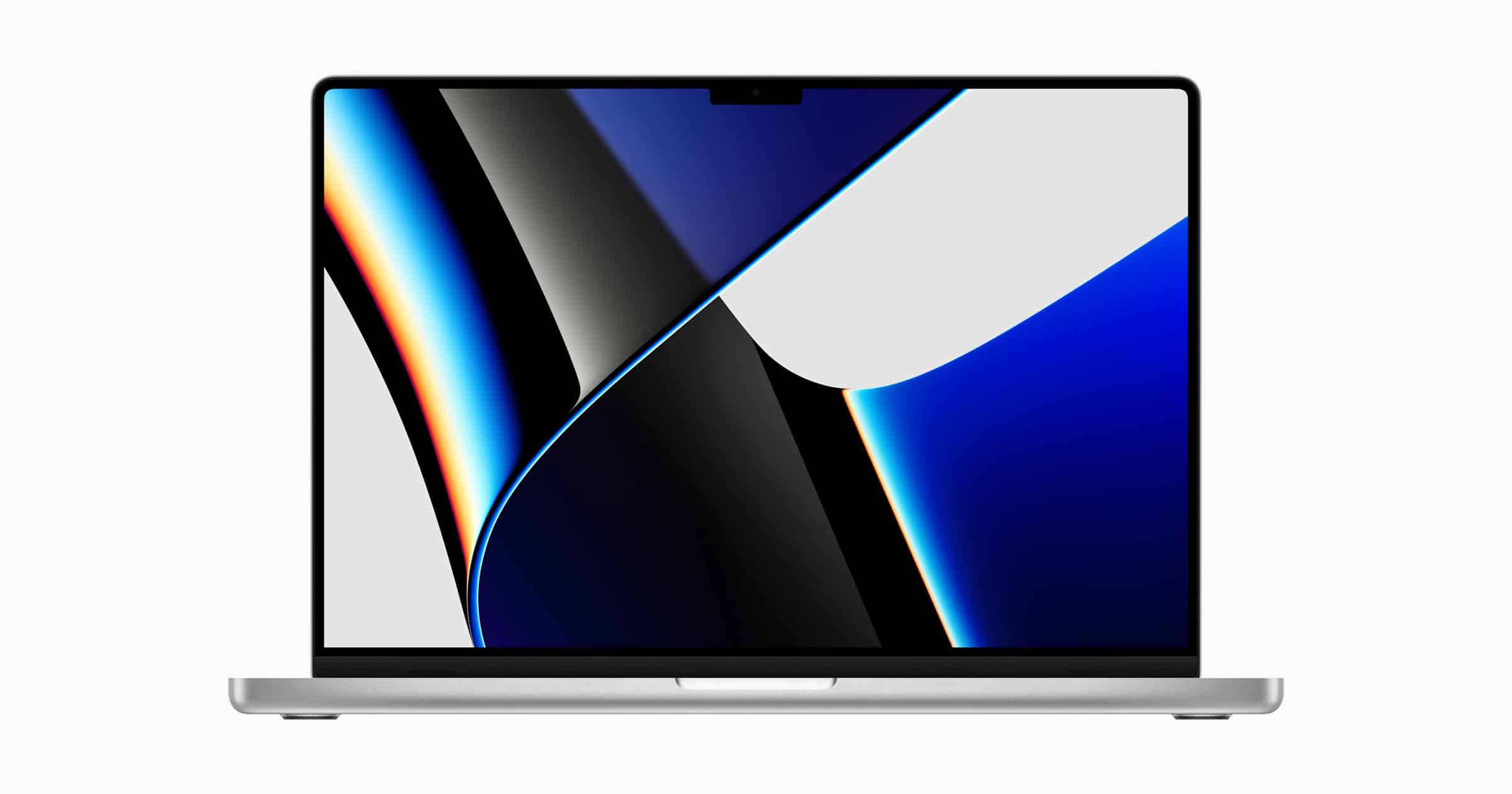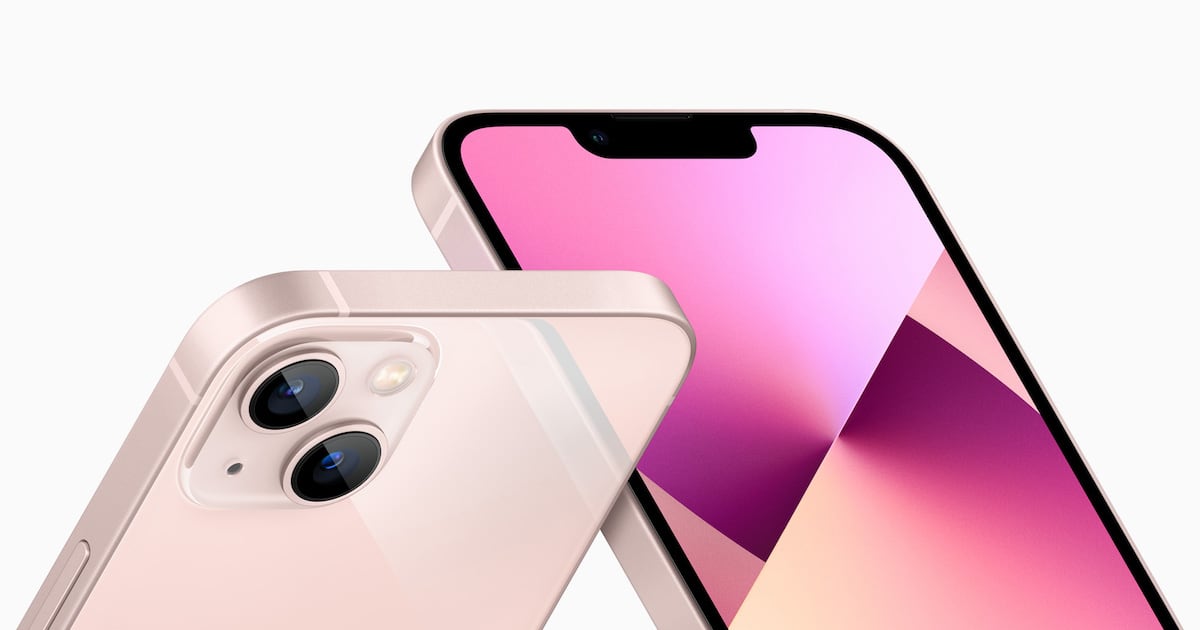Apple announced Apple Business Essentials, a subscription for small businesses. It covers device management, Apple Support, and iCloud storage.
Apple
Apple Must Allow External Payment Options by December 9, Judge Says
Apple’s requested delay in the order to allow external payment options was denied. Cupertino has until December 9 to comply with the order.
Apple Celebrates 40 Years in France, Opens New Music Studio
Apple celebrated 40 years in France by opening a new Apple Music studio on the iconic Champs-Élysées in Paris.
Tencent Music Entertainment and Apple Music Strike Worldwide Deal For Chinese Catalog
Tencent Music Entertainment Group announced that it has struck a deal with Apple Music to make its Chinese catalog available worldwide.
Samsung Teases Apple With Cleaning Cloth Offer
Samsung is never one to avoid teasing Apple, and they’ve done so again regarding the infamous US$20 cleaning cloth. iMore reported on its latest offer.
In a move that seems to be part of the German Galaxy Club, Samsung customers can apply to get their very own cleaning cloth sent through the mail and they won’t have to spend a penny. They’ll need to be quick, though — there are only so many freebies to go around. First spotted by Galaxy Club, the offer is presumably taking aim at Apple and its own Polishing Cloth. No surprises there — Samsung is never shy when poking fun at Apple, whether it has a point or not.
Tim Cook Dismisses Idea Apple Will Accept Payment in Cryptocurrency
Tim Cook dismissed the idea that Apple will accept cryptocurrency in exchange for products, but revealed he does personally own some.
2021 Apple Holiday Gift Guide Released With New Retail Store in Los Angeles
Apple announced the release of its 2021 holiday gift guide at Apple retail stores and Apple.com. The company has also unveiled a new store.
Apple Poaches Tesla Autopilot Director for Company Car Team
Christopher Moore has moved to Apple to join its car team after having led the autopilot group at Tesla.
US Government Asked for 83,000 Apple Data Requests in 2020
Apple has released its transparency report for 2020. These include data requests about Apple customers from governments and law enforcement.
Rare Apple-1 Going to Auction With US$20k Starting Bid
A rare Apple-1 computer, hand-built by Steve Wozniak, is up for auction, AppleInsider reported. The sale will happen later this month, with bids opening at US$200,000.
The Apple-I, which is being put up for auction by John Moran Auctioneers and Appraisers, was hand-build by Steve Wozniak. The specific model in question is known as the “Chaffey College” Apple-I because it was purchased by an electronics professor at the school in 1976 and sold to a student. According to the auction listing, the computer is made up of an original “NTI” motherboard sporting Sprague 39D capacitors, original power regulators, and rare “Circle D” ceramic capacitors. In addition, the lot includes an Apple Cassette Adapter and is housed in an original ByteShop Apple-1 koa wood case with a Datanetics Keyboard, the connecting cable and power supply, a 1986 video monitor.
#AppleToo Organizer Files Complaint With U.S. Labor Agency
A former Apple employee involved in the #AppleToo movement has filed a charge with the U.S. National Labor Relations Board (NLRB).
Apple Cuts iPad Production as it Faces Supply Chain Shortages
A report on Tuesday says that Apple is reducing its production of iPads in order to prioritize chip production for the iPhone 13 line.
Adobe's Announcements and Apple's New Stuff, with Jeff Gamet - ACM 558
Bryan Chaffin and Jeff Gamet take a look at all the announcements Adobe unveiled this week, as well as some of Apple’s mew stuff, including macOS Monterey, new MacBook Pros, and the M1 Pro and M1 Max processors.
Apple Reports EPS of $1.24 on $83B in Revenues for September Quarter
Apple reported earnings Thursday for the September quarter, with earnings per share of US$1.24, on revenues of $83.4 billion. That’s a slight beat on Wall Street for earnings and a slight miss on revenues. This article was updated with additional information.
A Closer Look at Apple's $20 Polishing Cloth
The folks over at iFixIt have done their traditional teardown of the new MacBook Pro. They also took the time to tear apart the $20 polishing cloth Cupertino has begun selling. The cleaning cloth feels like the inner lining of an iPad Smart Cover, they say. That accessory features a thin layer of microfiber on the inside. Both apparently have a synthetic leather feel to them along with a bit of fuzziness
The new Apple Polishing Cloth earns a 0 out of 10 on our repairability scale, for distracting us from a very important MacBook Pro teardown and not going back together after we cut it into pieces with scissors.
Apple Announces 10 New Renewable Energy Projects Worldwide
Apple announced its latest efforts to meet its climate goals. Through its Power for Impact program the company is launching 10 projects around the world.
DOJ Antitrust Case Against Apple Very Likely
Apple is very likely to face an antitrust suit from the DOJ, with an investigation into the company said to have accelerated.
Google Follows Apple And Slashes Play Store Fees
Google is reducing the fees it takes from developers in the Play Store, CNBC reported. It is dropping the cut it takes from subscriptions from 30 percent to 15 from day one. The move from Google follows similar ones made by Apple.
Google also said on Thursday that it was introducing a program to allow e-books, music streaming services, and other apps that pay for content to access fees as low as 10%. Apple doesn’t make exceptions for those kind of apps and doesn’t offer a 10% fee to developers in its app store. Apple, which has received more regulator attention over its app store than Google, over the past two years cut its take from 30% to 15% in many cases, including for apps making less than $1 million per year, news apps, and certain premium video streamers that participate in an Apple program. But Apple still charges 30% for the first year of a subscription, meaning that Google’s app store may be more competitive for subscription-based apps.
Apple Increases COVID-19 Testing Even More for Unvaccinated Employees
Even though Apple isn’t mandating the vaccine, the frequency of required COVID-19 testing could prompt more double-jabs than before.
Is Apple Product Design Better Without Sir Jony Ive?
It’s a heretical thought for some but…has Apple product design actually got better since Sir Jony Ive left? Writing for Bloomberg Businessweek, Alex Webb argues that devices now focus on function rather than form, to the benefit of the user.
Evans Hankey, who now heads the industrial design team, has overseen plenty of other tweaks that seem to indicate a change of philosophy. Take the iPhone. The latest iterations have ditched the curved edges that made the display liable to crack if dropped on its side. Or the Apple TV remote, whose symmetry made it visually appealing, but meant that users often inadvertently pressed the wrong buttons by holding it upside down. The design was revamped in May. “Since Jony Ive left, there’s not that gravitational force driving aesthetic before function,” Paul Found, a lecturer in industrial design at the University for the Creative Arts in Canterbury, England. “Those who have taken over are now listening to what customers are saying.”
Apple Announces 'Tech Talks 2021' to Connect Developers With Apple Experts
From October 25 to December 17, developers can connect directly to Apple experts through Tech Talks. Over 100 live online sessions are available.
Apple Returns Policy - Can Customers Take Back an Old MacBook Pro And Get a New M1 Model?
The Apple returns policy allows you to get the latest M1 MacBook Pro if you bought an older model recently and want the latest instead.
Senators Put Forward New Bipartisan Antitrust Bill Targeting Big Tech
Senators Amy Klobuchar and Chuck Grassley will put forward new antitrust legislation aimed at Apple and other Big Tech firms.
Chip Shortage Leads Apple to Slash iPhone Production Target
Apple is set to reduce its 2021 iPhone 13 products by as much as 10 million units, with chip shortages leading to the substantial reduction.
